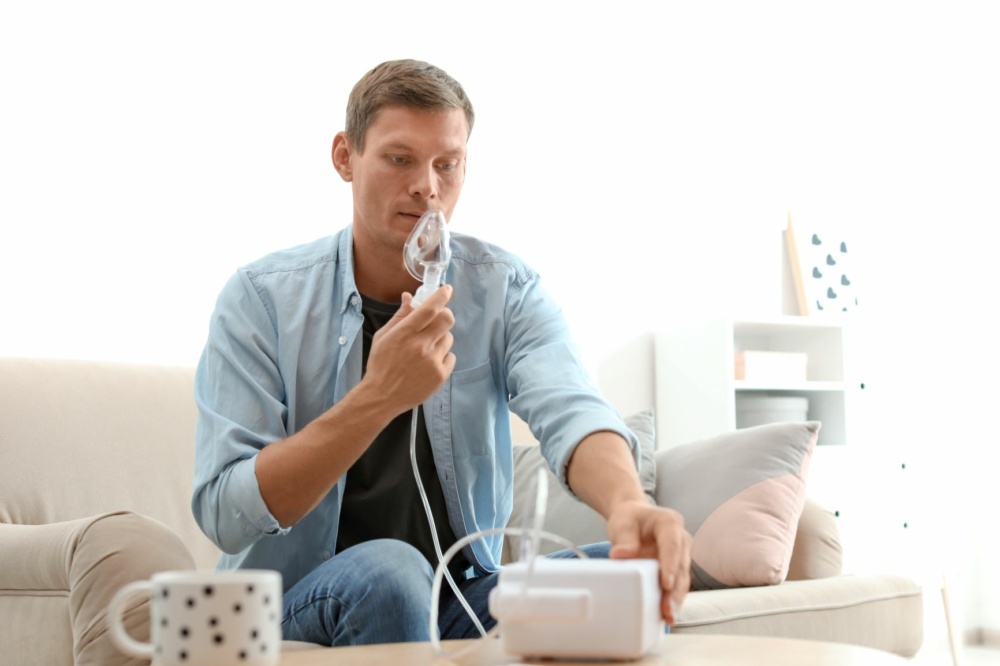General Tips for Students to Stay Healthy
By Nicole Lewis
Student life can be quite fun and chaotic at the same time. From early morning classes and formidable tests to the general struggle of keeping up with the set standards, it’s very easy for one to forget himself. But, this is dangerous because a student’s health is vital to his positive performance in his studies. It is no secret that there are times when health and education seem at loggerheads in a person’s life. But, it is possible to strike a balance between these two.
With the proper health tips for college students, studying can become fun and even more productive as opposed to studying in a poor state of health. Many students go to classes looking tired, stressed and sometimes twice their age. While there are a large number of reasons why their appearance might be that way, nutrition can be a great influence.
If you are a student and you are finding it difficult to stay healthy, here are a few tips that can have a measurable effect once you apply them.
- Take it easy on the fast foods
Fast foods like burgers, fries, and pizza are high in carbs and saturated fats from cheese and sauces used in their preparation. This is not to say that you should lay off fast foods completely; these foods are best indulged in “once in a while”. They should never take the place of your main meal for the day, be it breakfast, lunch or dinner. When craving, try getting fruits or just drink water. It won’t be easy, so get ready to consciously apply efforts.
- Drink, drink, drink
As a student, you must have heard sometime in your Biology class that the human body is 60-72% water. This is true since water has an important role in most of the metabolic reactions that help the body function. Cut down on soda, fizzy drinks, and even some juices. Besides containing a lot of sugar, they also contain artificial sweeteners that are not beneficial to your body. Keep a bottle of water in your bag each day before going to class, and drink water in the morning when you wake up. Now, we know how tasty most of these drinks are. Switching to water might require you to do it with discipline and consistency.
- Breakfast is important
A cup of tea, two slices of bread with jam or an egg are just a few examples of what you can eat for breakfast. You should never leave your room without eating something. Breakfast gives your brain the major boost it needs to get active and assimilate what you are being taught. Having breakfast also reduces your chances of overeating later due to excess hunger. Some experts recommend that your breakfast should be the heaviest meal of the day. Since you are about to have an extremely active schedule, you will feel more sated and energized. We think this is a good idea, but don’t overdo it. Besides, students have days when they wake up late. For days like that, an egg should do.
- Sleep
The brain works for a bigger part of the day in a student’s life. It needs to rest so it can get its energy replenished after a day of cramming in the periodic table. An average of seven hours of sleep is recommended for every student. We know some students love to read at night. Do not stretch it more than necessary; read for an hour or two, or three at most and try to get rest before another school day. An even more efficient idea is to plan your time judiciously. If we ask many students to sit down and make a list of what they did in the last 24 hours, you will discover that most of these things can be done away with to make time for study. We support having a bit of relaxation after school hours but do not stretch it to unnecessary hours.
- Cut down on caffeine
Now, don’t get us wrong. Coffee has awesome health benefits, especially when taken black. But a lot of students tend to abuse coffee in a bid to stay awake. Because caffeine brings about an activation of the nervous system (in order to keep you awake), it can account for a disruption in sleep cycles. And when the body doesn’t rest enough, it gets stressed and worn out faster. Keep your coffee consumption at its lowest, and take a cup or two when necessary.
Whether you are in or out of college, health is an important factor that determines a number of things in your life. Keep your health on your priority list. And oh, don’t forget to occasionally hit the gym!
Nicole Lewis works as a freelance writer at Edubirdy. She interacts with students occasionally and loves to help them achieve more. Nicole has a Master’s degree in English language and currently is working as a writer and researcher.







Recent Comments